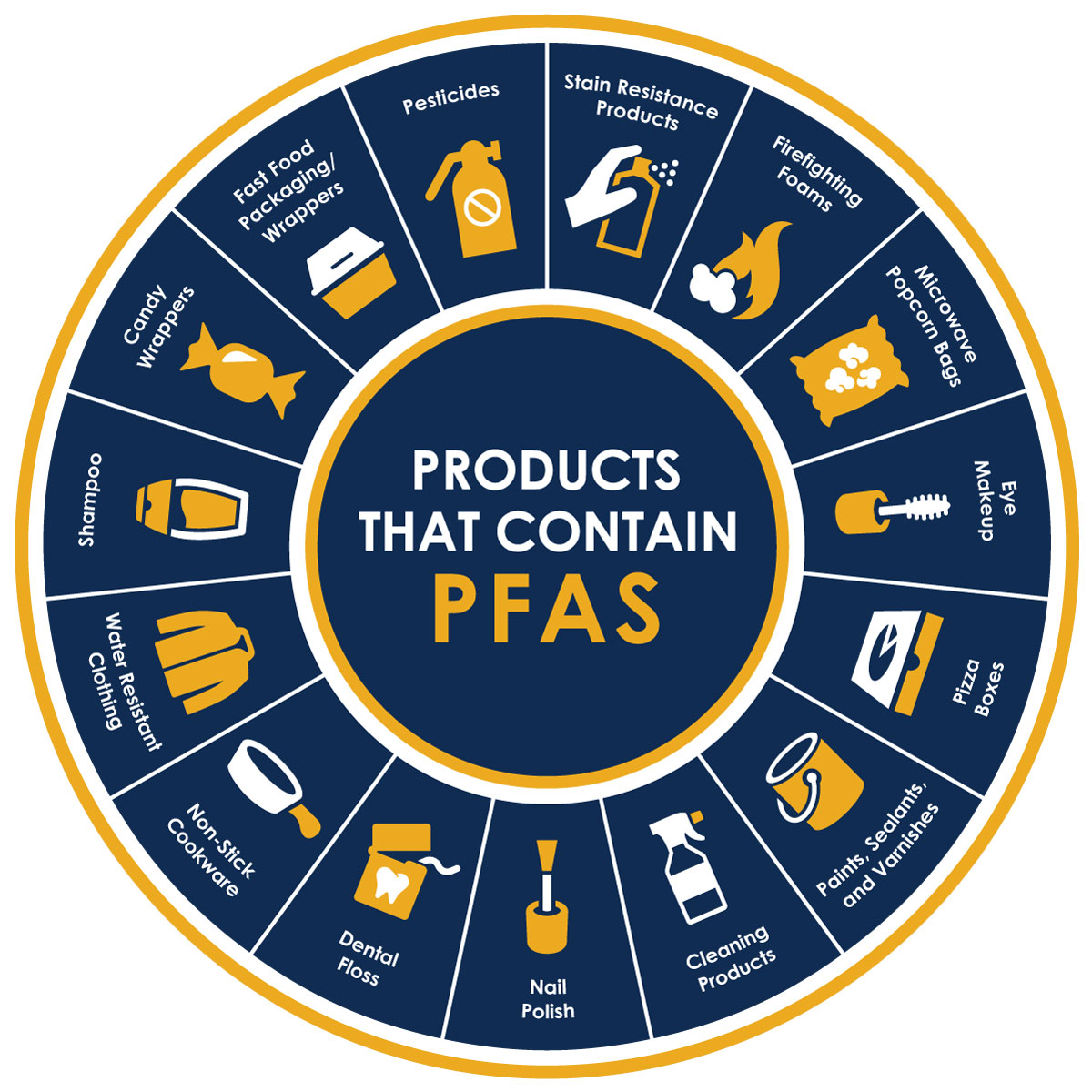The people of Lleida complain that they want to turn the pig excrement treatment plant into an incinerator.
- In addition to the talks and mobilizations on the street, Juneda, Borges Blanques and other localities in Lleida are working to present allegations of the incineration project, once it has learned that the company Tracjusa has obtained the license to burn CDR residues at the plant that until now treated as biogas and fertilizer to the excrement of industrial farms.

In the province of Lleida (Catalonia), where thousands of pigs are bred in industrial farms, there has long been a serious problem with livestock excrement: the surrounding groundwater has already been contaminated with nitrogen and a treatment plant has been built in Juneda. Although theoretically these excrements had to provide a lot of gas and thus produce electricity, for their treatment (mainly for drying) they needed more energy than they had, so so far natural gas has been used. Apparently, they were overpriced, and they asked the Catalan Generalitat (and this one) to authorize the use of the CoR instead of natural gas. CDRs are the most transparent Waste Derived Fuels, which in TMB dry the organic and offer it as fuel, mostly plastics, with great power to burn.

It is no coincidence that the Biscayan multinational SENER was in the main technical supplier of the Tracjus: they are former experts in burning at SENER, they were the main drivers of the atomic power plant of Lemoiz, Zabalgarbi organized it technically, etc. In 2013, the waste management company awarded Sener and Tracjusa the special prize of the Bioenergy section. The awarded plant was closed the following year -- just as the government withdrew the premiums for renewable energies, according to the employers of industrial agriculture on its web. The same news indicates that EUR 1.5 million had to be spent to adapt the plant to natural gas needs and the CoR has now been forced to spend EUR 7 million more.
The Aturem platform the Juneda Incinerator and the association IPCENA (Ecologists in Action in Catalonia) follow up on the mobilisations that citizens are making to paralyse the project. This video takes up Joan Vázquez's speech on July 11, counting the long fight against the incinerator of Juneda:
🔴 ARA MATEIX: Information campaign against the Juneda dam incinerator.
Posted by Aturem the incinerator to Juneda on Thursday, July 11, 2019
Zero Waste Europe-k (ZWE) Espainia, Txekia eta Lituaniako hiru erraustegiri buruz argitaratu duen ikerketa berri batek egiaztatu du instalazio horien inguruetan kutsadura maila handia dagoela, eta hori arriskutsua litzateke ingurumenerako eta gertu bizi diren pertsonen... [+]
Zumarragan 2023 amaierarako eraiki nahi duten plastikoak tratatzeko plantan pirolisia erabiliko da olioa lortzeko (takoil), eta olio hori plastiko berria eta erregaiak egiteko erabiliko da. "Hondakin solidoak errez erregaia sortzen du, eta Europar Batasunaren beraren... [+]
Bergarako Udalaren webgunean irakur daiteke albistea izenburu honekin: 200 langileko kooperatiba batek Bergaratik joatea erabaki du Valogreene-k bertan ezarri nahi duelako hondakinen planta. "Paper-industriaren hondakinen tratamendurako planta Bergaran ezarri aurretik,... [+]






















